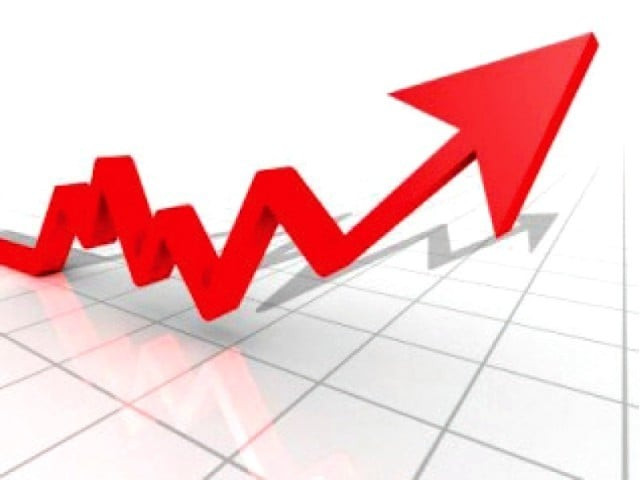16% rate to trigger hard landing
More pain to come as policy rate has been raised at sharpest pace in decades

While some pundits were reliably worried about delays in appointment of new Chief of the Army Staff (COAS) – but were pleasantly surprised – a majority didn’t expect State Bank of Pakistan (SBP) to throw a spanner.
On November 25, the central bank increased interest rate to 16% in an attempt to rein in stubborn inflation, citing “short-term costs...” are lower than long-term costs.
Until recently, many economists and analysts doubted the ability to control cost-push inflation through aggressive monetary policy response. It’s a new regime, nevertheless.
Pakistan is under tremendous pressure from International Monetary Fund (IMF) to bring the house in order. While the focus is predominantly on fiscal imbalances, policymakers are now changing gears to the likings of IMF.
Granted, 16% interest rate is too elevated but policymakers can see the aftermath of falling international oil prices from $120 to $80sh a barrel lately and improvements in current account deficit as well.
Naturally, Pakistan cannot afford to follow extremely dangerous Turkonomics where interest rates are cut to 9% as inflation hovers around 85% either nor has the liberty – or tourism – to fall back on.
On fiscal side, we made earnest merciful appeals to global lenders that “all hell will break loose” if Pakistan is not supported during a $30 billion floods damage for which the country contributes less than 1% to global emissions.
Lenders have repurposed loans, given more aids but today they want cent per cent evaluation of the targeted expenditure.
While dollar aid is ready to flow, but Pakistan is expected to show how it will recover/ fund the expenditure in domestic taxes. This wasn’t expected as the country would have wanted to recover over longer timeframe.
Similarly, rising inflation is a curse as due to gross domestic product (GDP) rebasing – that shows boastful performance – our tax-to-GDP ratio has fallen further.
Though IMF’s programme is valid for less than a year, policymakers know that a next bigger bailout is imminent, hence IMF’s plan cannot be not adhered to.
Problems are aplenty now; work on documentation of the economy slowed with new regime, taxes on traders were withdrawn due to political affiliations, economic contraction has already reduced incomes and ability to raise direct taxes, and now flood-induced inflation has worsened tax-to-GDP ratio. It is perhaps one reason why Consumer Price Index (CPI) ought to be choke-slammed.
There is more pain to come as interest rate has increased at sharpest pace in decades – 9% increase in 14 months – echoing the path taken by US Federal Reserve.
Hopefully, the current hike would strengthen financial stability, stabilise Pakistani rupee as Fed hikes again on December 13, allay IMF’s concerns and end dollarisation of the economy. However, expect a sharpest U-turn in business fortunes from early next year as the boat is rocked. Point to ponder is if domestic turbulence can make us teeter on the edge, God forbid what external confrontations can trigger.
The writer is an independent economic analyst
Published in The Express Tribune, December 5th, 2022.
Like Business on Facebook, follow @TribuneBiz on Twitter to stay informed and join in the conversation.



















COMMENTS
Comments are moderated and generally will be posted if they are on-topic and not abusive.
For more information, please see our Comments FAQ